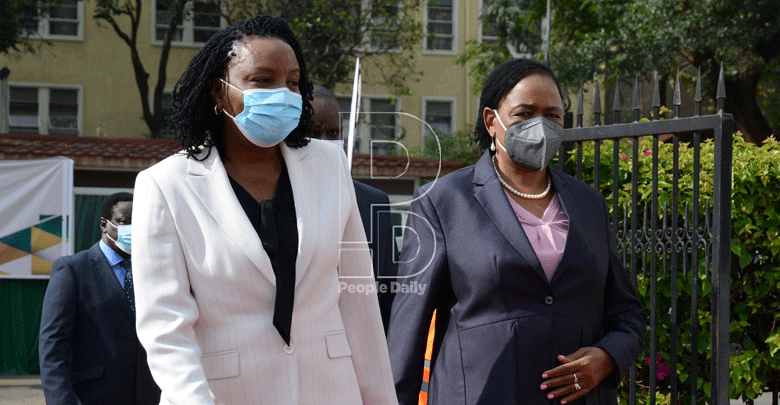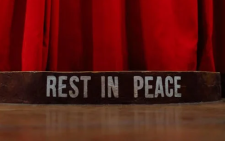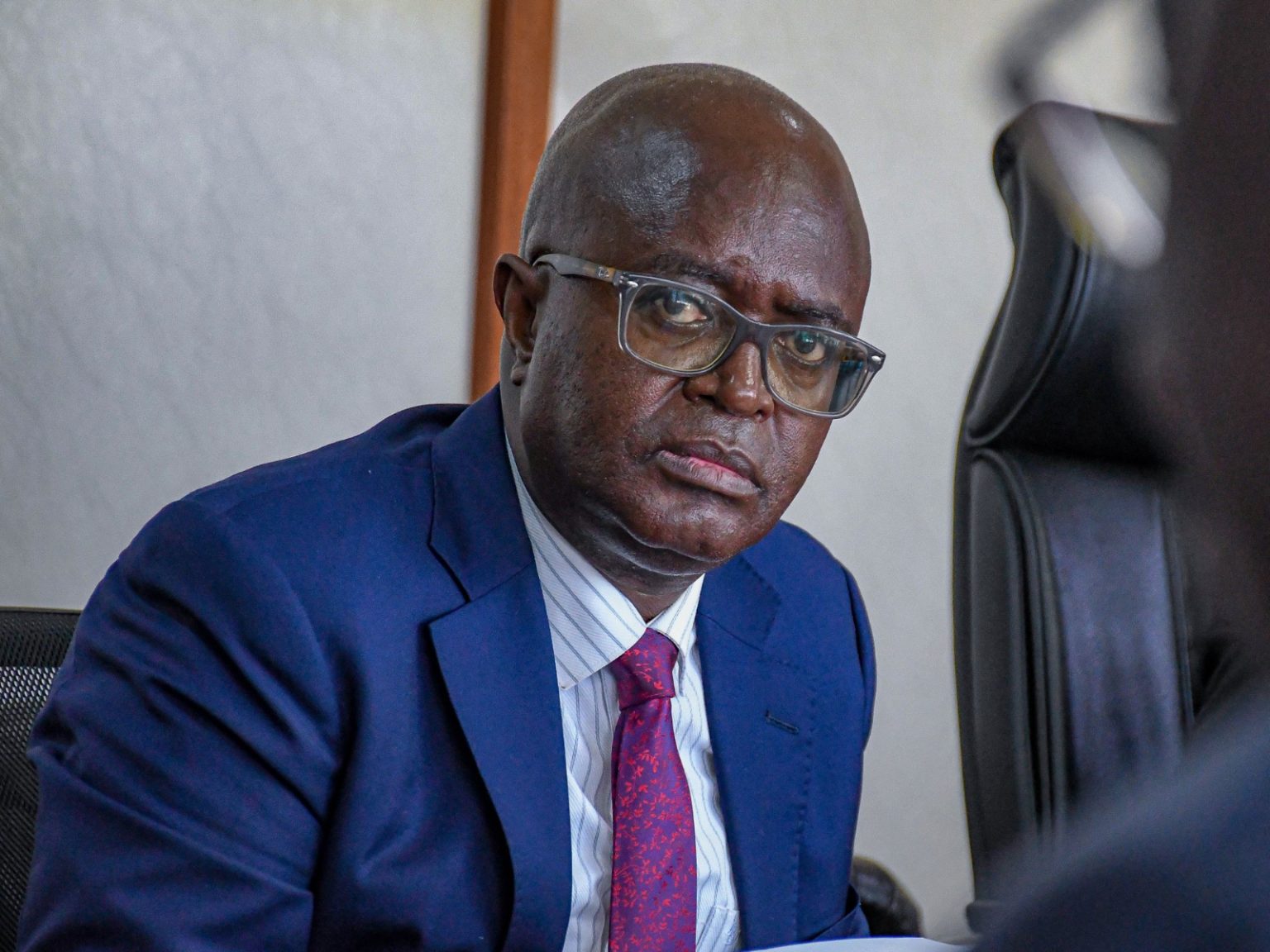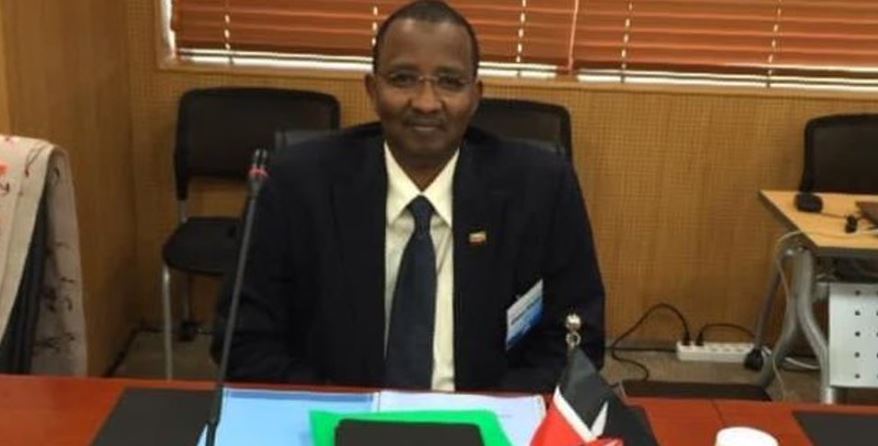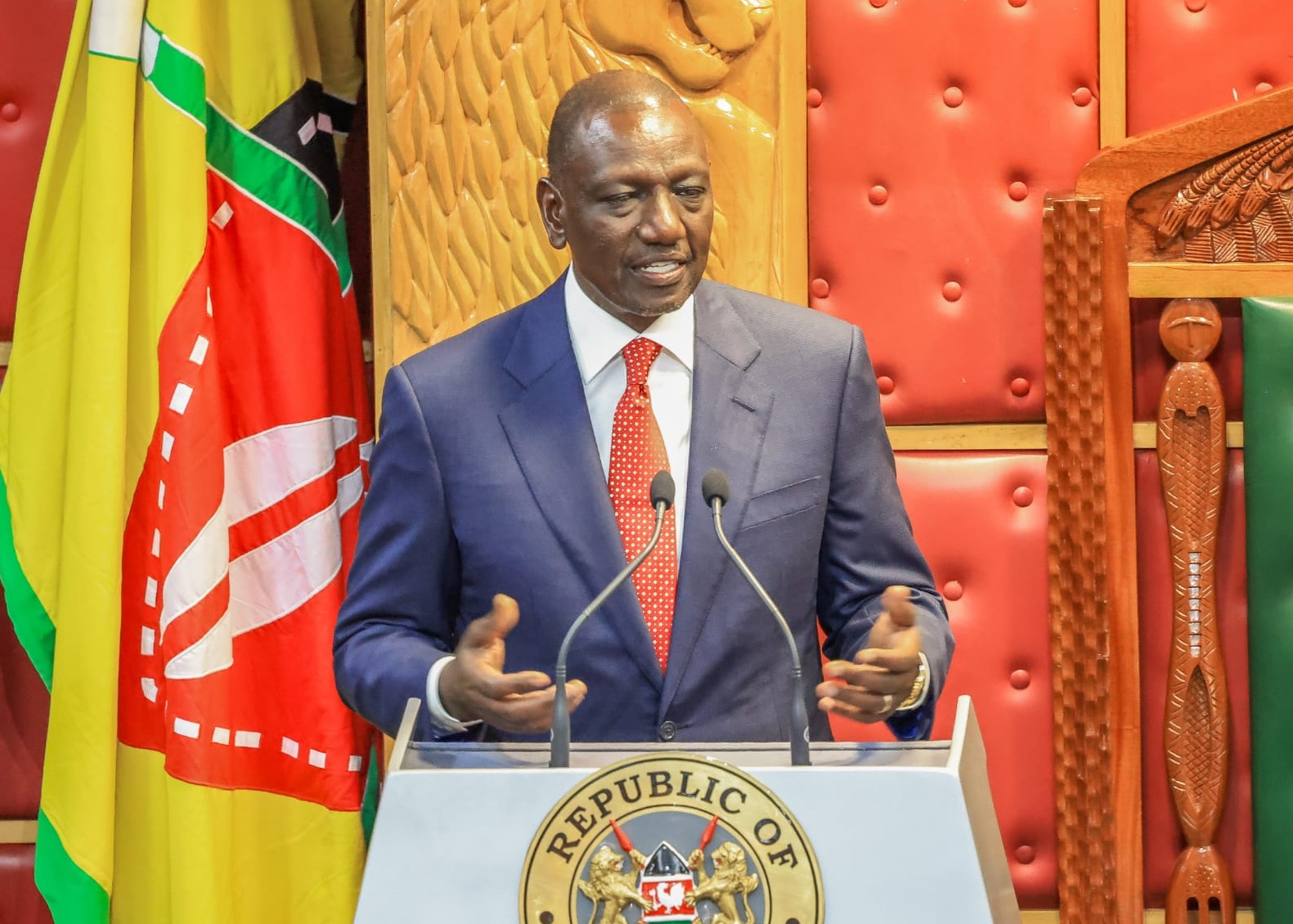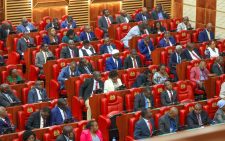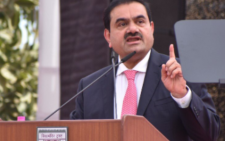Chief Justice Martha Koome yesterday proposed a raft of measures seeking to resolve court cases expeditiously and introducing instant fines for traffic offences.
Her plan also aims at decongesting prisons and cells. The measures include reintroduction of roadside courts, imposition of instant fines and a clear regulatory policy for boda boda transport.
Koome is tomorrow expected to chair the Special Council Meeting of the National Council on the Administration of Justice (NCAJ) to discuss the reforms.
Others include exploring increased use of alternatives to imprisonment such as community service and plea-bargaining and probation and aftercare.
Judiciary is also mulling the use of virtual courts to speed up delivery of justice following lessons drawn with the onset of the Covid-19 pandemic, with emphasis on ensuring stable Internet connectivity in prisons and courts.
The NCAJ brings together theJudiciary, Prisons Service, Police Service, Office of the Director of Public Prosecutions, Probation and Aftercare Service, State Law Office, Witness Protection Agency, Office of the President, and the Ministry of Gender. It is tasked with coordinating the administration of justice and reforms in the sector.
Old fines
“My vision for the Judiciary is that we should have courts of the 21st Century that are independent, efficient, accessible and responsive to the aspirations of Kenyans and true guardians of the rule of the law,” the CJ said this week.
NCAJ has also formed a special task force to address issues on children in conflict with the law and those in need of care and protection.
As a result, the meeting seeks to discuss an audit of old files of children matters to be dealt with as a matter of urgency and enactment of the Children Bill, 2021 that will address most of the problems in the system.
Last month, Labour Cabinet Secretary Simon Chelugui appealed to the legislators to enact the Bill, which is before the National Assembly.
Bill seeks to operationalise provisions of the Constitution on Child rights and address challenges necessitated by changes in the social, economic, political and technological environments of children.
Koome, in a letter inviting stakeholders to the meeting, expressed concern that millions of Kenyans have found themselves languishing in police cells, remand homes and prisons over petty offences ranging from failure to wear masks, traffic observation, drunk and disorderliness and fighting in public.
Koome puts more emphasis on traffic offences, which she says have been turned into a major “extortion ring and inconveniencing exercise” by some wayward traffic officers.
Curb corruption
In 2015, then Chief Justice Dr Willy Mutunga and then Inspector General of Police Joseph Boinett introduced similar measures to curb corruption on the Kenyan roads.
In their proposals, petty traffic offenders were required to pay instant fines through mobile money transfer to prevent being hauled to courts and cells.
Campaign also entailed all motorists being issued with guidelines on handling of traffic matters that, among other things, offered them with the ability to pay via banking any fines incurred without being arrested for offences punishable by a fine or imprisonment for a term not exceeding six months.
“

